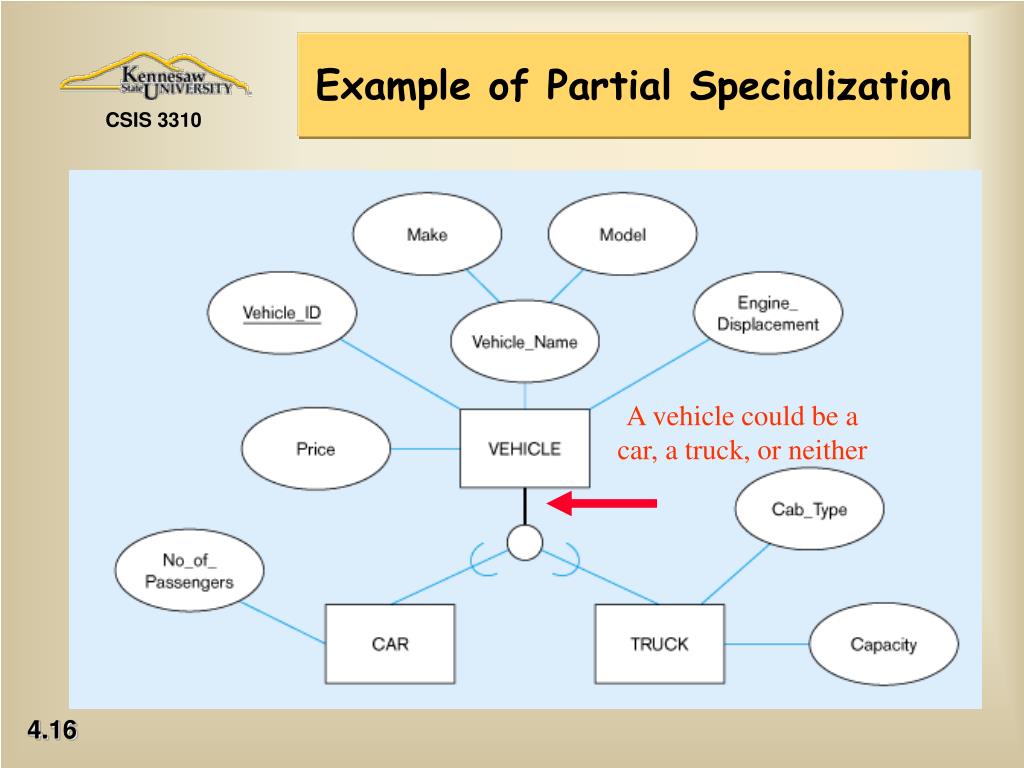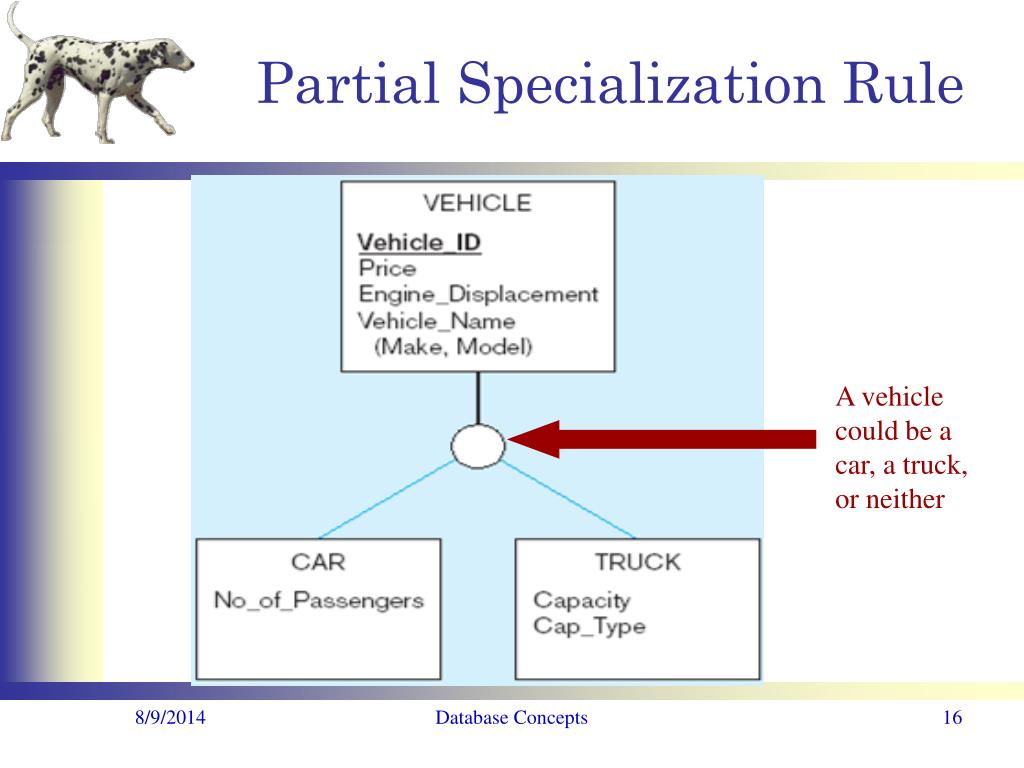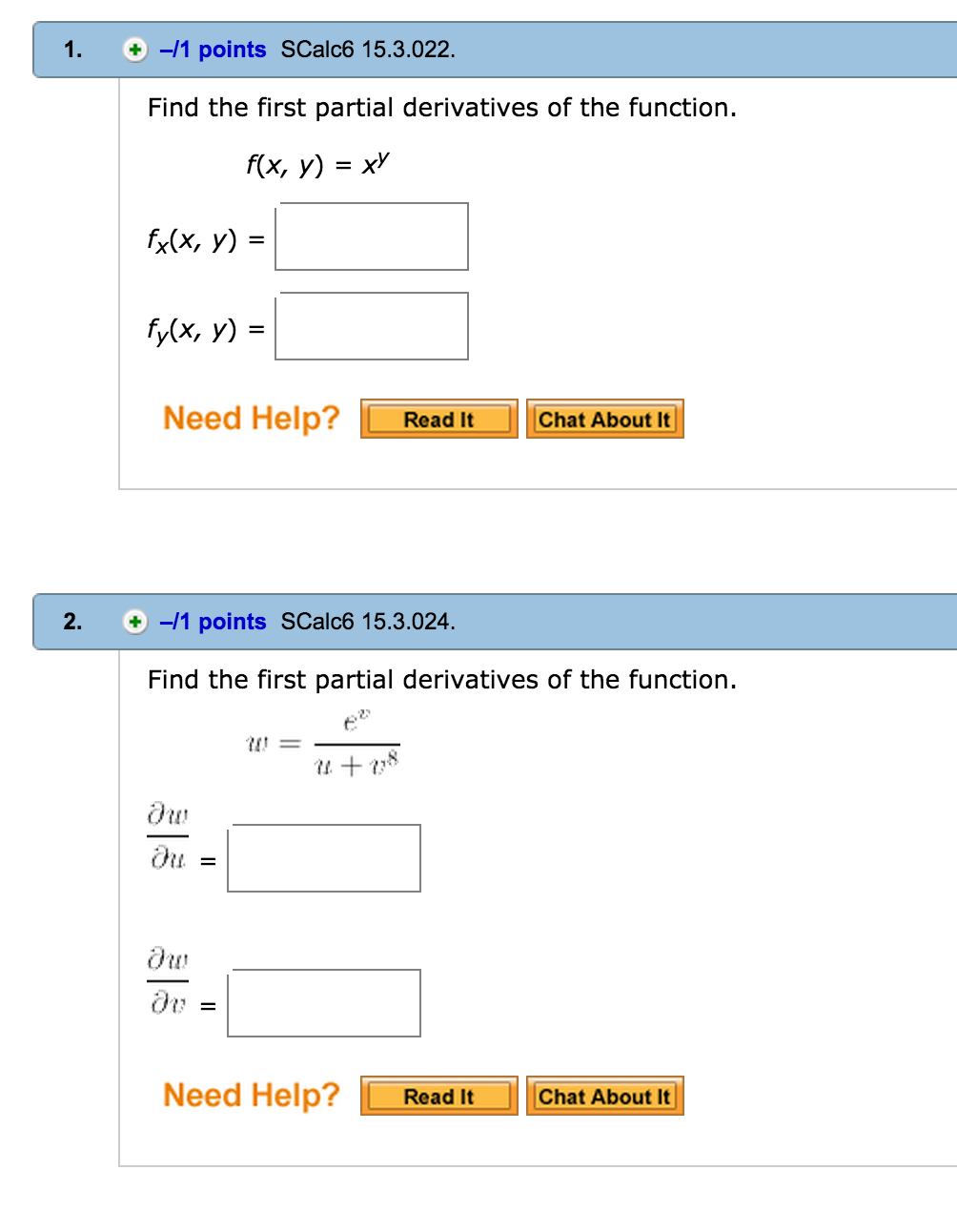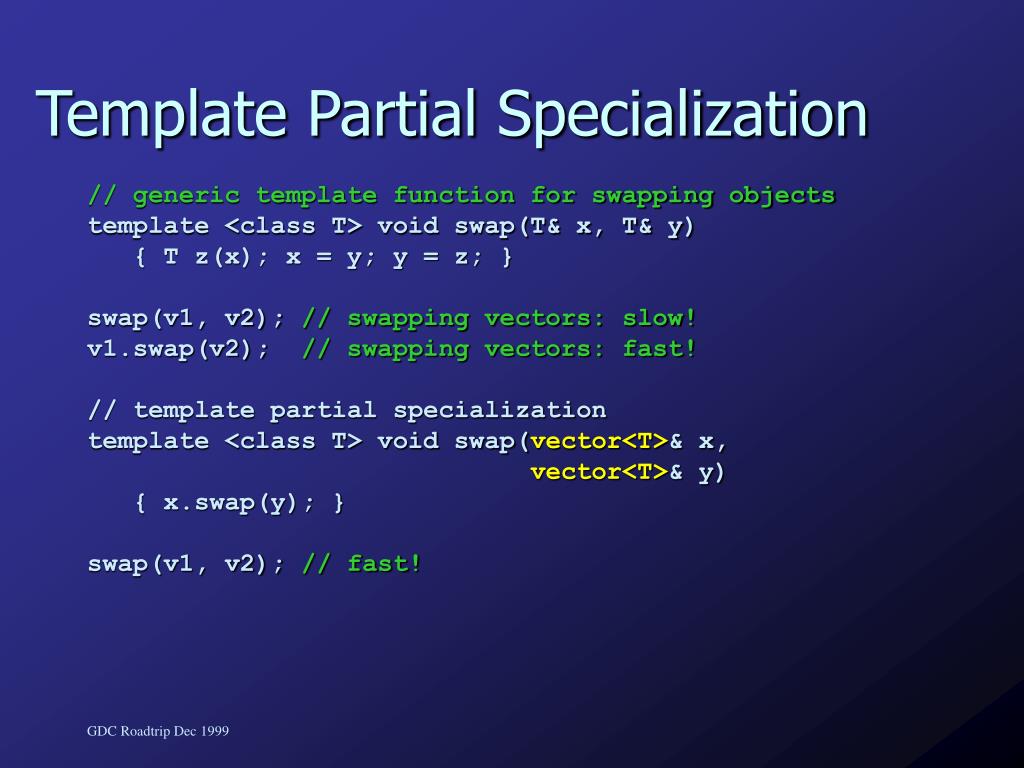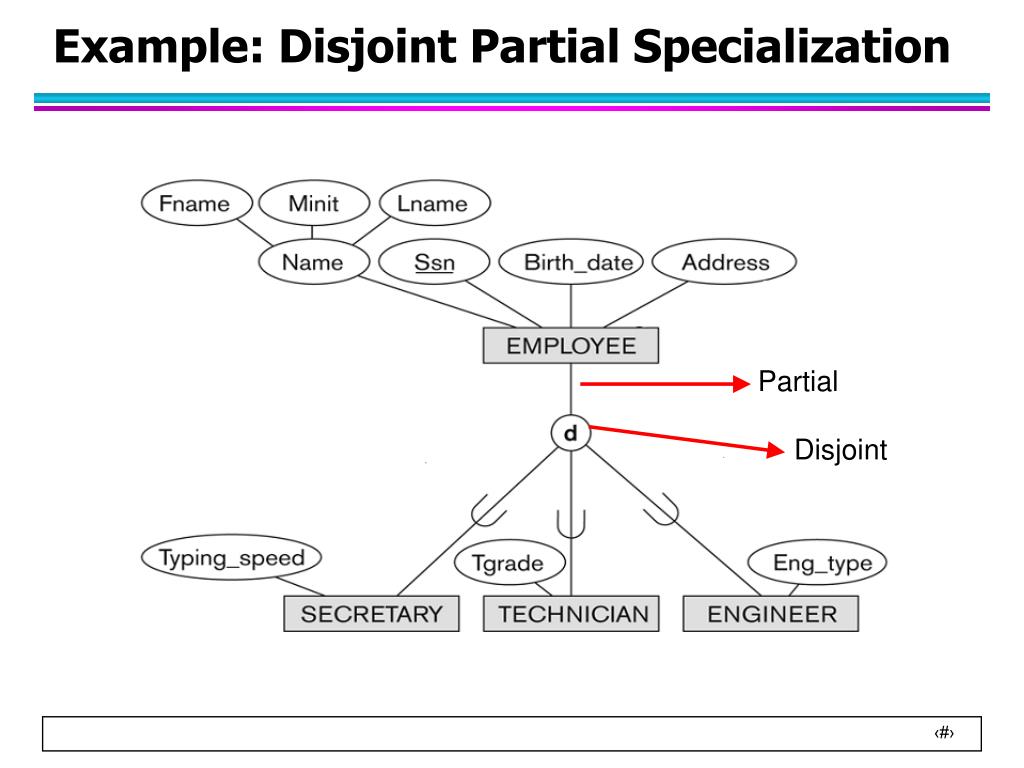Function Template Partial Specialization Is Not Allowed
Function Template Partial Specialization Is Not Allowed - Template < typename t, template typename outer > bool check; Template struct s<int, double, v> { static.</p> This can be beneficial to compiler writers, but affects the flexibility and granularity of what developers can do.[1] Web another way is to turn the templated constant into a constant argument which the compiler can optimise away. Web will c++ support function template partial specialization? Why doesn’t c++ allow partial specialization on. Web moreover, function templates don’t allow partial specialization. Function partial specialization is not yet allowed as per the standard. Web for example, let's define a template and two partial specializations: We’ve seen when we need partial specialization for function templates and how to emulate it. This can be beneficial to compiler writers, but affects the flexibility and granularity of what developers can do.[1] Web any of the following can be fully specialized: // partial specialization is not allowed by the spec, though! Web you cannot partially specialize function templates. Web for example, let's define a template and two partial specializations: Instead of specializing a function template, you may choose to overload it with another template or non template function, since a more specialized overload will be preferred to a generic overload. Template struct s<int, double, v> { static.</p> Web note that function templates cannot be partially specialized; // partial specialization is not allowed by the spec, though! In the example,. // there's no such thing as a partial specialization. (with no template parameters, it is a total specialization, not a partial specialization; Web any of the following can be fully specialized: Template<classt1, classt2, inti>classb {};// primary templatetemplate<classx, classy, intn>classb<x, y, n>{};// error. Web the specialization can't be inferred here because the return type of a function is not part of. We’ve seen when we need partial specialization for function templates and how to emulate it. Web another way is to turn the templated constant into a constant argument which the compiler can optimise away. // of a function template! Its syntax should have looked somewhat like below, had it been allowed: That means that alias template partial specialization is forbidden. What can do the trick here is a static function inside class. Web moreover, function templates don’t allow partial specialization. Web template<> class x { /*.*/. Its syntax should have looked somewhat like below, had it been allowed: Template < typename t, template typename outer > bool check; Our void print (staticarray<char, size> &array) example works because the print function is not partially specialized (it’s just an overloaded function using a class parameter that’s partially specialized). Web any of the following can be fully specialized: Its syntax should have looked somewhat like below, had it been allowed: Function partial specialization is not yet allowed as per the standard.. Our void print (staticarray<char, size> &array) example works because the print function is not partially specialized (it’s just an overloaded function using a class parameter that’s partially specialized). Use overloading to achieve the same effect. Web will c++ support function template partial specialization? Template<classt1, classt2, inti>classb {};// primary templatetemplate<classx, classy, intn>classb<x, y, n>{};// error. Thus, if no function parameter type. Web but c++ forbids partial specialization on anything else than classes (or structs) and variables. Function partial specialization is not yet allowed as per the standard. Template void f ( t* ); Our void print (staticarray<char, size> &array) example works because the print function is not partially specialized (it’s just an overloaded function using a class parameter that’s partially specialized).. Its syntax should have looked somewhat like below, had it been allowed: Our void print (staticarray<char, size> &array) example works because the print function is not partially specialized (it’s just an overloaded function using a class parameter that’s partially specialized). Web a function cannot be partially specialized, while a class can. Why doesn’t c++ allow partial specialization on. Template <. Web for example, let's define a template and two partial specializations: This can be beneficial to compiler writers, but affects the flexibility and granularity of what developers can do.[1] A partial specialization is declared with a template header that contains one or more template parameters. So the following code is also invalid: // there's no such thing as a partial. Define the concept of a rotate_distance: Template struct s<int, double, v> { static.</p> A partial specialization is declared with a template header that contains one or more template parameters. Web partial template specialization can only be used with classes, not template functions (functions must be fully specialized). // there's no such thing as a partial specialization. But we haven’t answered our original question: This can be beneficial to compiler writers, but affects the flexibility and granularity of what developers can do.[1] Template using rotate_distance = std::integral_constant; Use overloading to achieve the same effect. Thus, if no function parameter type depends on the template parameter, you have to write the full specialization: Web but c++ forbids partial specialization on anything else than classes (or structs) and variables. Web you cannot partially specialize function templates. Function partial specialization is not yet allowed as per the standard. Template void f ( t* ); What can do the trick here is a static function inside class. // of a function template! // partial specialization is not allowed by the spec, though! Web will c++ support function template partial specialization? I think concept may help but it feels that i think much too complicated. Why doesn’t c++ allow partial specialization on. Template < typename inner, template < typename > typename outer, template < typename> typename. Define the rotate functions in terms of overloads of a function which takes an.</p> Its syntax should have looked somewhat like below, had it been allowed: Web function partial specialization is not allowed yet as per the standard. Template using mytype = int; // (d) // a full specialization of (b) for int.Function Templates Partial Specialization in C++ Fluent C++
Full Specialization of Function Templates
PPT Chapter 4 The Enhanced ER Model and Business Rules PowerPoint
PPT Chapter 3 PowerPoint Presentation, free download ID3090390
Solved Find The First Partial Derivatives Of The Function...
Partial hierarchy of objective functions. The pairwise score function
PPT Embracing the C++ STL Why Angle Brackets are Good for You Pete
[Solved] c++ template partial specialization member 9to5Answer
error class template partial specialization is not more specialized
PPT CSE 480 Database Systems PowerPoint Presentation, free download
In The Example, You Are Actually Overloading & Not Specializing The Max<T1,T2> Function.
Web Partial Template Specialization Can Only Be Used With Classes, Not Template Functions (Functions Must Be Fully Specialized).
Template Struct S<Int, Double, V> { Static.</P>
Template struct s { static void foo () { std::cout << general case\n; Web you cannot partially specialize function templates. Web but c++ forbids partial specialization on anything else than classes (or structs) and variables. Moreover, the specialization has to be more specialized than the primary template.
Template Using Rotate_Distance = Std::integral_Constant;
Web a function cannot be partially specialized, while a class can. A partial specialization is declared with a template header that contains one or more template parameters. So the following code is also invalid: Web the specialization can't be inferred here because the return type of a function is not part of the function declaration.



